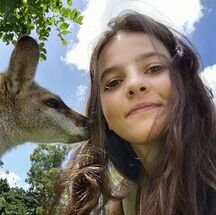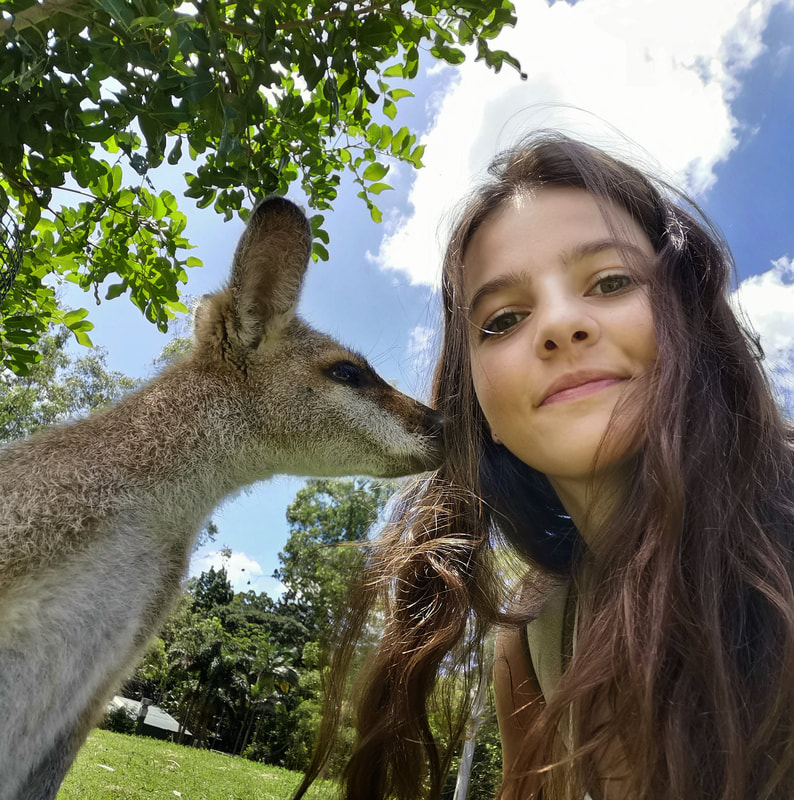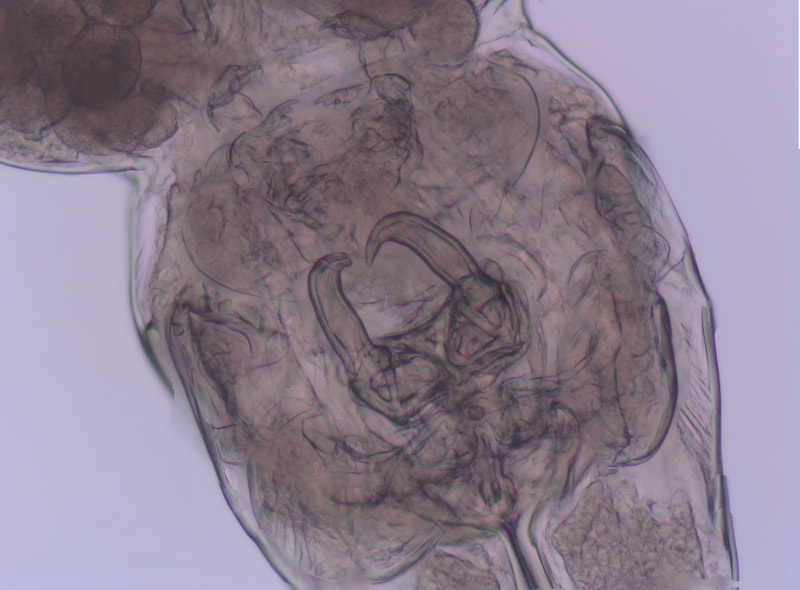Olivia Cenne

Position: Visiting Masters Student
Education:
• 2018-2021 Master of Environmental and Agricultural Science in School of Engineering, AGROSUP Dijon, France
• 2016-2018 Two years of preparation for selective entrance exams to School of Engineering, Lycée Thiers Marseille, France
Research Interest: Damselfish, ectoparasite, cleaner fish, mutualism, community ecology
Master Project: “The effect of cleaner fish presence/absence and host species on damselfishes’ ectoparasite community”
The project is a continuation of the 1993 study by Alexandra Grutter investigating the effect of cleaner fish on the fish parasite community of Pomacentrus moluccensis on the reefs of Lizard island, Great Barrier Reef (Grutter 1996). Here, I focused on the parasite of four other damselfish: Acanthochromis polyacanthus, Amblyglyphidodon curacao, Neopomacentrus azysron and cyanomos. The parasite samples are from the same year and reefs sampled, which were processed after the study involving P. moluccesnis. The purpose was to characterize the parasite communities depending to the species that harbour them and to determine how cleaning behaviour might affect this community. The first sizeable task was to make an inventory of the samples kept and the autopsies that had already been carried out in order to group the data in a single homogeneous database. I was able to identify certain parasites by analyzing them under a microscope and with the help of experts, I characterized the parasite community present on each species and whether it varies across fish species. I also tested how the absence of cleaner fish for 6 months can affect it. This research is significant because the parasites have an important place in the diversity of the coral reef marine ecosystem and they are an integral part of the diet of cleaner fish which contribute to the stability of the ecosystem. To properly understand the mutualism between cleaner fish and client fish, we need to understand the distribution of all the participants in this interaction. However, this interaction is very little studied from the point of view of parasites.
Supervisor: Dr Alexandra Grutter
Education:
• 2018-2021 Master of Environmental and Agricultural Science in School of Engineering, AGROSUP Dijon, France
• 2016-2018 Two years of preparation for selective entrance exams to School of Engineering, Lycée Thiers Marseille, France
Research Interest: Damselfish, ectoparasite, cleaner fish, mutualism, community ecology
Master Project: “The effect of cleaner fish presence/absence and host species on damselfishes’ ectoparasite community”
The project is a continuation of the 1993 study by Alexandra Grutter investigating the effect of cleaner fish on the fish parasite community of Pomacentrus moluccensis on the reefs of Lizard island, Great Barrier Reef (Grutter 1996). Here, I focused on the parasite of four other damselfish: Acanthochromis polyacanthus, Amblyglyphidodon curacao, Neopomacentrus azysron and cyanomos. The parasite samples are from the same year and reefs sampled, which were processed after the study involving P. moluccesnis. The purpose was to characterize the parasite communities depending to the species that harbour them and to determine how cleaning behaviour might affect this community. The first sizeable task was to make an inventory of the samples kept and the autopsies that had already been carried out in order to group the data in a single homogeneous database. I was able to identify certain parasites by analyzing them under a microscope and with the help of experts, I characterized the parasite community present on each species and whether it varies across fish species. I also tested how the absence of cleaner fish for 6 months can affect it. This research is significant because the parasites have an important place in the diversity of the coral reef marine ecosystem and they are an integral part of the diet of cleaner fish which contribute to the stability of the ecosystem. To properly understand the mutualism between cleaner fish and client fish, we need to understand the distribution of all the participants in this interaction. However, this interaction is very little studied from the point of view of parasites.
Supervisor: Dr Alexandra Grutter

